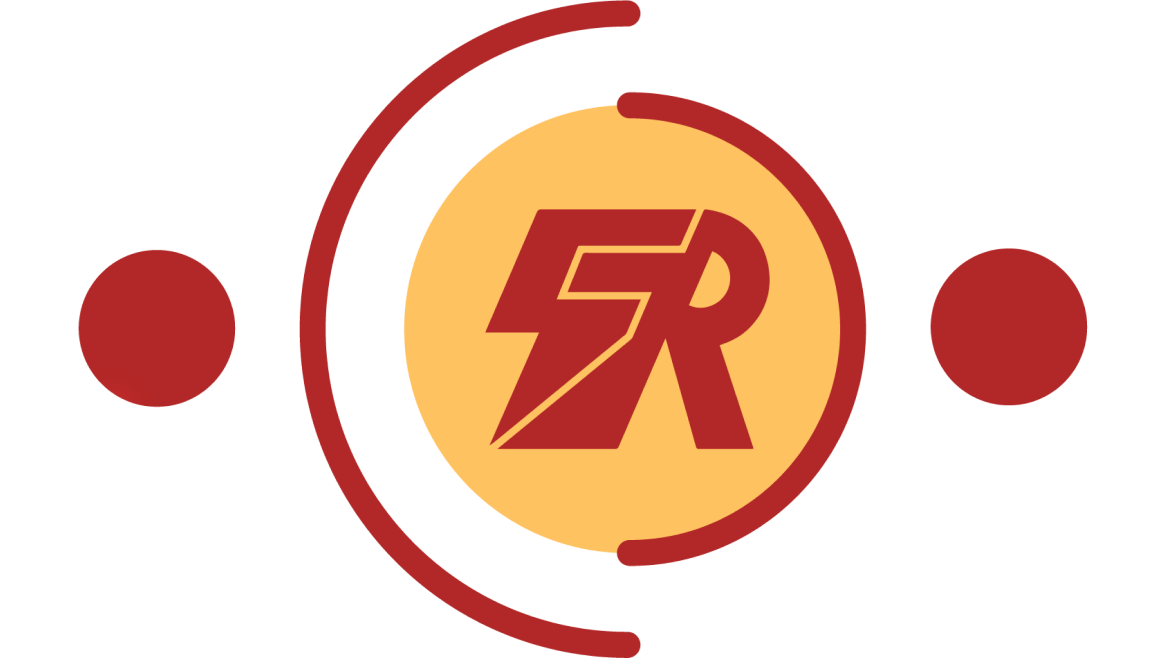Have you ever considered the benefits of hiring programmers from Asia? This trend is becoming increasingly popular in the IT industry, thanks to the numerous advantages it offers. In November 2022, Chancellor Olaf Scholz signed a document expanding the cooperation between Vietnam and Germany in the recruitment and training of human resources. Vietnam has now become Germany’s largest trading partner in Southeast Asia.
In this article, we want to introduce you to the advantages of hiring programmers from Vietnam and provide solutions to the challenges associated with this trend. Get ready to discover new opportunities for your company’s development!
Advantages of Hiring Programmers from Vietnam
Vietnam is a country with a rapidly developing economy and a strong base of IT specialists in Asia. Therefore, hiring employees from this country is becoming an increasingly popular option for Western software houses looking for qualified developers.
One of the most significant advantages of hiring programmers from Vietnam is the low cost of employment. Vietnam is a country with a developing economy, which translates into lower living costs and lower salaries for employees. This means that you can hire a qualified developer for less money than in Western countries.
Eastern programmers are also highly valued for their impressive level of qualifications and experience. Vietnam has a unique level of education where programming skills are taught from an early age. Many universities in this country offer specialized IT courses that educate developers at the highest level.
Asian programmers often have knowledge of foreign languages, which facilitates communication and remote work coordination. Many people from Vietnam are fluent in English, making it easier to communicate with foreign clients and business partners.
Flexibility and readiness to work remotely are another advantage of hiring programmers from the East. Vietnam is a country that eagerly uses modern technological solutions and is open to remote work. Programmers from Vietnam are flexible and ready to work with teams from different parts of the world.
Vietnam is a country where programmers use a wide range of programming languages and frameworks. In addition to popular languages such as Java, C#, or JavaScript, Vietnam also commonly uses C++, Python, or PHP, which are used in various projects and applications. Frameworks such as Spring, .Net, AngularJS, ReactJS, VueJS, Laravel, or Ruby on Rails are also widely used. Thanks to the wide range of languages and frameworks used by Asian programmers, they can more easily adapt to the different needs and requirements of various projects and industries.
Challenges related to hiring programmers from Vietnam and their solutions
Of course, hiring programmers from Vietnam comes with certain challenges, such as cultural differences, language barriers, or issues related to payments and accounting, but with the right approach and solutions, it can be very beneficial for your software house.
One of the most important aspects is building good relationships and communication. By creating appropriate communication processes, you can ensure that your Vietnamese programmers are aware of their responsibilities and communicate their needs, and as a result, are able to work effectively.
Another important aspect is providing adequate support and tools for remote work. Remotely employed developers must have access to the necessary tools and software to seamlessly coordinate their work with the Polish part of the team. Therefore, it is important to provide them with the appropriate resources and technical support to work efficiently and effectively.
Another challenge is the language barrier, which can lead to difficulties in communicating and understanding the specifics of a given project. Cultural differences can also be a problem, especially when it comes to differences in customs and traditions.
The solution to these challenges may be to use the services of an agency specializing in hiring programmers from Asia. Such an agency has experience in recruiting specialists from Vietnam and knows the local market, traditions, and customs. This agency can help overcome language and cultural barriers, as well as solve problems related to onboarding employees from overseas.
Flash Recruitment – accelerate your success
If you are looking for a solution to your problems related to hiring Vietnamese programmers, Flash Recruitment is the perfect choice for you. Our unique combination of specialists from various fields allows us to effectively conduct recruitment and support in the onboarding process.
Linh, a specialist in the field of law in her home country, will ensure that all contracts are in compliance with Vietnamese regulations, so you can avoid potential problems related to international cooperation.
Andrzej, with his knowledge of the Vietnamese market, culture, and experience in remote work, will help you discover the best talents.
Patrycja, an HR expert, will ensure that your new employee feels at home.
Rafał, with his extensive experience in the IT industry, will be able to advise you on the best solutions so that your company can fully benefit from Vietnamese developers.
Don’t wait any longer and contact us to hire qualified specialists from Vietnam and improve your business results! Flash Recruitment – accelerate your success!



